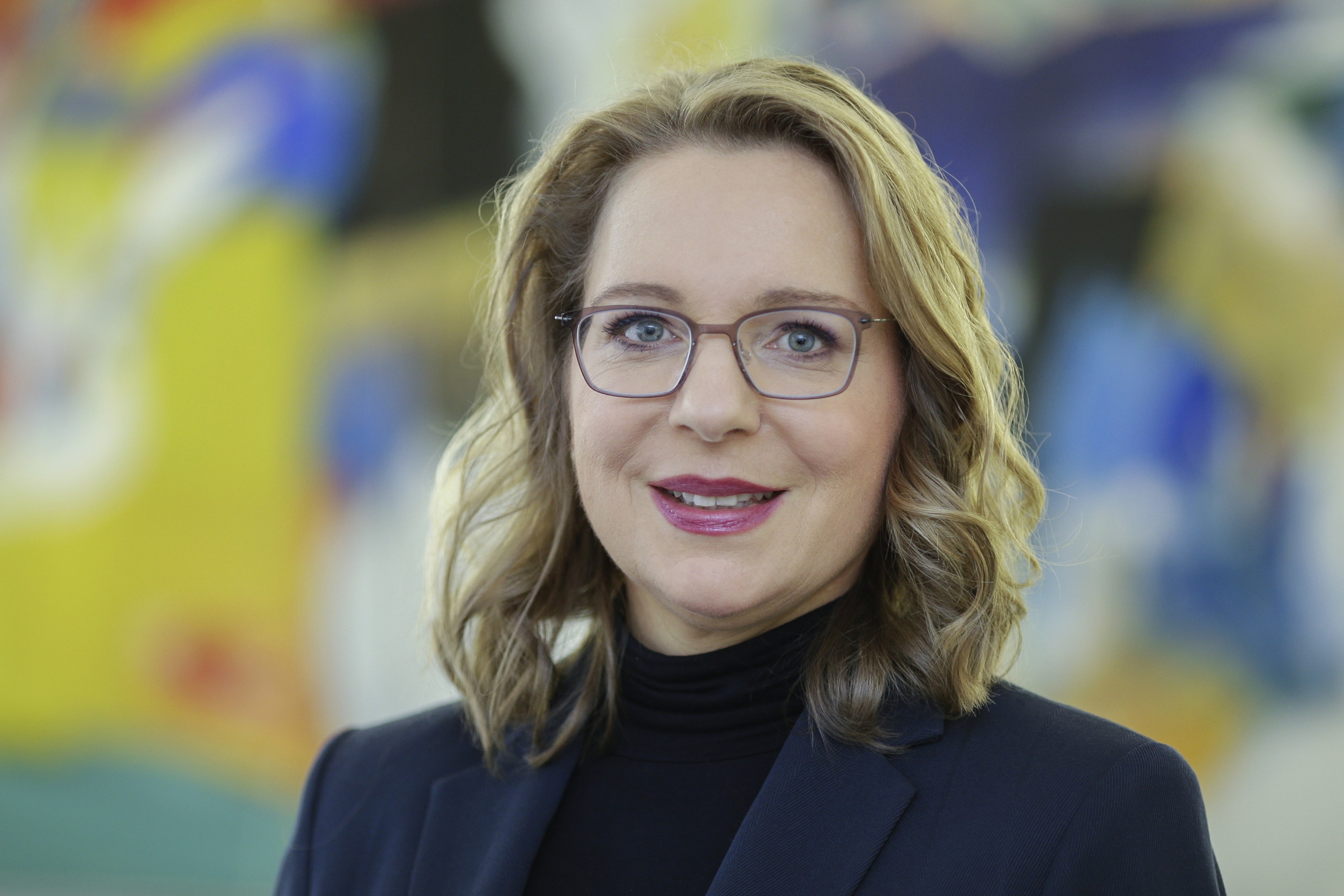Answers to Questions from Economists for Future
- Why do you think the economics profession does not share the urgency and the commitment to “play their part” that is seen on the streets around the world every Friday?
In recent decades, the economic sciences have become more and more distant from real processes that lie outside of pure economic logic due to the very strong formalization and mathematization. Homo economicus, who makes demand decisions based on income, prices and certain preferences, still determines economic research and teaching to a substantial extent. This is slowly changing more and more; in the Network Plural Economics, for example, the most diverse research approaches are brought together in a targeted manner. However, the „real“ economic sciences still regard applied research as second-class. That’s one reason. The second is that environmental economics in particular develops recommendations for action based on the approaches of homo economicus, favoring pure and exclusive „market-based approaches“ such as a global CO2 price, a global emissions trading system, as the exclusive solution and ignoring all else. Such approaches imply that external costs must be priced in. Social effects are ignored. The strongest are always right. Why such concepts fail in real life and what learning effects the economic sciences would have to draw from them in research and education is not sufficiently explored. Another reason is that the energy industry only deals with conventional solutions, the solution is seen in a pure change of technology. Nuclear instead of coal, hydrogen instead of oil. Renewable energies are more decentralized, closer to the people, and this changes market structures. It also changes acceptance. All this needs to be researched by the economic sciences. But it won’t.
- In what ways do you think the economics profession has been helpful and unhelpful in influencing climate policy in the past?
More than a decade ago, some economists calculated the costs of continued climate change, and this has led to a wake-up call from some politicians, but also to very strong opposition from the fossil industry. However, the highly mathematical, simplistic global economic models leave out important decentralized and political reaction mechanisms. Bill Nordhaus was awarded the Nobel Prize, and rightly so, for his pioneering work on the economic assessment of global climate change and climate protection. Since then, for over four decades, a global CO2 tax has been demanded. To this day it‘ s not there. The countries do not even manage to reduce the fossil subsidies. Why is that? Economists must find answers. Also for a socially equitable climate protection policy. Beyond the right of the fittest and the primacy of maintaining „the economy“. I am not just referring to the models of thought that are currently being discussed as „post growth economics“. I mean concrete solutions for local or regional politicians. Application-oriented research. And more answers as to why the climate policy solutions implemented so far are almost never implemented. Or the measures implemented have not contributed to avoiding climate change. Obviously the solutions proposed so far have failed. The economy to avoid climate change has failed. So new solutions are needed.
- Going forward, how could the profession do more to radically ramp up the climate ambition of policy-makers? And perhaps more broadly, what else is demanded of economists in light of the climate emergency?
First. critical self-reflection, Second. questioning previous paradigms of thinking, and Third. an analysis of why economists have not succeeded in preventing climate change in any way. It is remarkable that one of the most important books for climate protection and sustainability was not written by an economist but by a career changer: Kate Raworth, who in her book „Doughnut Economics“ makes it very clear what the economic sciences fundamentally lack in order to provide real, successful and feasible solutions for sustainability and climate protection. The wonderful visualizations of her approaches finally create narratives and images that are necessary to better understand the context. Likewise, Marianna Mazzucato, in her most recent book „the value of everything“, succeeds very well in making it clear which fundamental mistakes our current system is suffering from and why the economy stumbles from one crisis to the next. We need more basic research, which on the one hand deals with the fundamental problems of the economy and on the other hand provides more application-oriented solutions for people and politicians, which are understandable and feasible. Any economic teaching should deal with sustainability, climate protection and pluralistic approaches. We are at a turning point in time, also and especially for economists.


